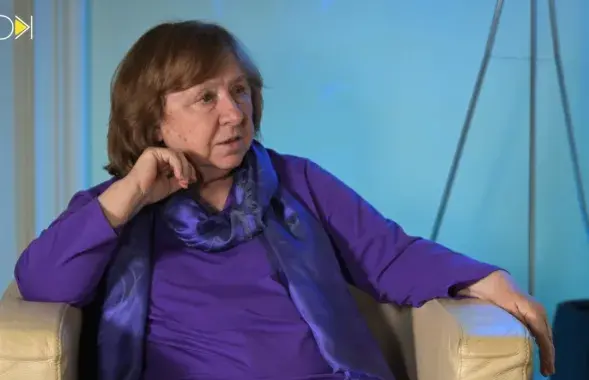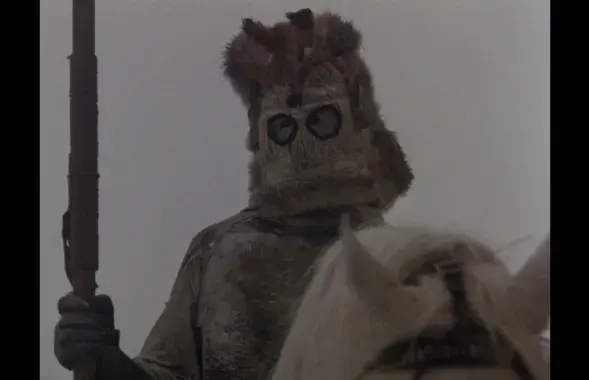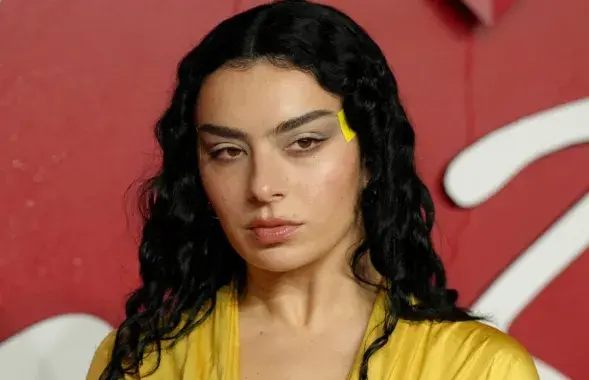Maidan: 2 months after victory (photo)
Euroradio's corespondent reports from Kiev on how the Ukrainian capital looks like after the revolution.
“Does anyone have hryvnias? We are approaching the border. If you want to cross it quickly and without problems, you’d better pay. 20 hryvnias – to border gaurds (about 17 thousand roubles), 50 (42 thousand roubles) – to customs officers. 10 more should be given to the guards (8.5 thousands). If we don’t do it, we will spend a lot of time here,” the minibus driver destroys my hope to see a new corruption-free Ukraine. He takes the money and disappears in the dark.
We crossed the border 15 minutes later. Ukrainians did not even look into our Sprinter and did not seem to care about the personal belongings and backpacks of a few dozen men.
It was strange for a country that was in a state of war with Russia and had even forbidden male Russian citizens of the military age to enter its territory.
That is why I was not surprised when people said something unintelligible is response to my ‘Glory to Ukraine’ at a night filling station near Kiev and the cashier claimed that he would vote for Tigipko at the presidential election.
I was not surprised about the silence in Maidan either. The stage was not lit and there were hardly about a hundred people in tents. There was no free food, clothes and guards. Some of the protesters were sitting on benches or burning litter in metal casks. One of them, Oleh Osadchi, said that the joy of the victory had been replaced with disillusion.
“I am very disappointed about Russia waging war on us... everything we achieved is senseless now. I was happy when the revolution won. I got a reason to think that there would be new opportunities to organize my life and start a business. Why? The old regime did not give me such prospects.”

Oleh came to Maidan only two weeks ago, after the deaths, Yanukovich’s’ escape and green men in Crimea. He had no acquaintances among Maidan participants and was not allowed to join them in autumn, he said. Almost everyone can live in Maidan tents now – the control has been loosened and there is a lot of room in tents. “About 30 people lived here when I arrived. Only 4 have stayed until now,” he said.
A woman was selling Maidan souvenirs next to us – magnets with portraits of Bandera (15 hryvnias - about 13 thousand roubles) and gold long loaves made of plastic (20 – about 17 thousand roubles). She did not take part in Maidan and ‘did not care about politics’. She did not know who she would vote for either. My interlocutor Oleh was more responsible. He will vote for Olga Bogomolets because ‘she is ours, she was here in Maidan all the time’. He did not criticize the new authorities. However, my question about difference between Turchinov, Yatsenyuk, Yanukovich and Azarov made him think.
“Of course they are better. Why? They do not steal. They speak clear without any papers... I trust them more,” he said less confidently.

Nothing in Maidan reminds about the presidential election appointed for the end of May. The same can be said about the whole Kiev. I only noticed some agitation posters presenting Mikhail Dobkin, a candidate of the Party of Regions. Some of them were covered with brilliant green. Kiev inhabitants also mentioned Parashenko and Timoshenko. According to pollsters, Olga Bogomolets’ rating is a bit higher than a statistic error.
The conversation with Oleh got back to the elections, East Ukraine, Maidan and revolution. It was much more pleasant to talk about those things with a foreign journalist.
“I want to defend the results of the revolution. I did not believe that it would happen. I was not here when it won; I was watching it on TV. I have come to defend its results now. The victory over Yanukovich is a miracle, a real miracle”.

Passers-by were walking past us. Some of them stopped to look at the photos of the Sky Squadron heroes and took photos near destroyed water-cannons or seized armoured cars. The majority were just walking and enjoying a warm evening in Kiev. Only tents, loads of road tiles and old tire casings reminded of the recent revolution. “We might need them in the future,” Oleh said. I agreed. Nobody knows what will happen to Ukraine.















